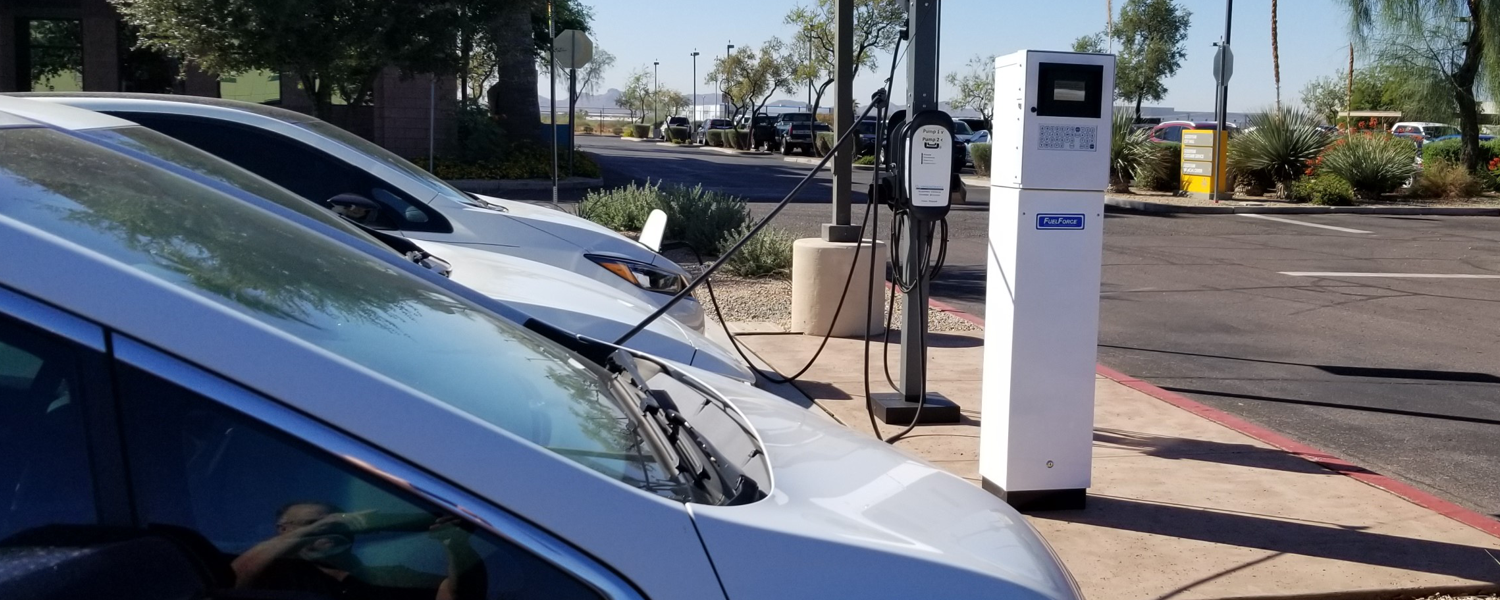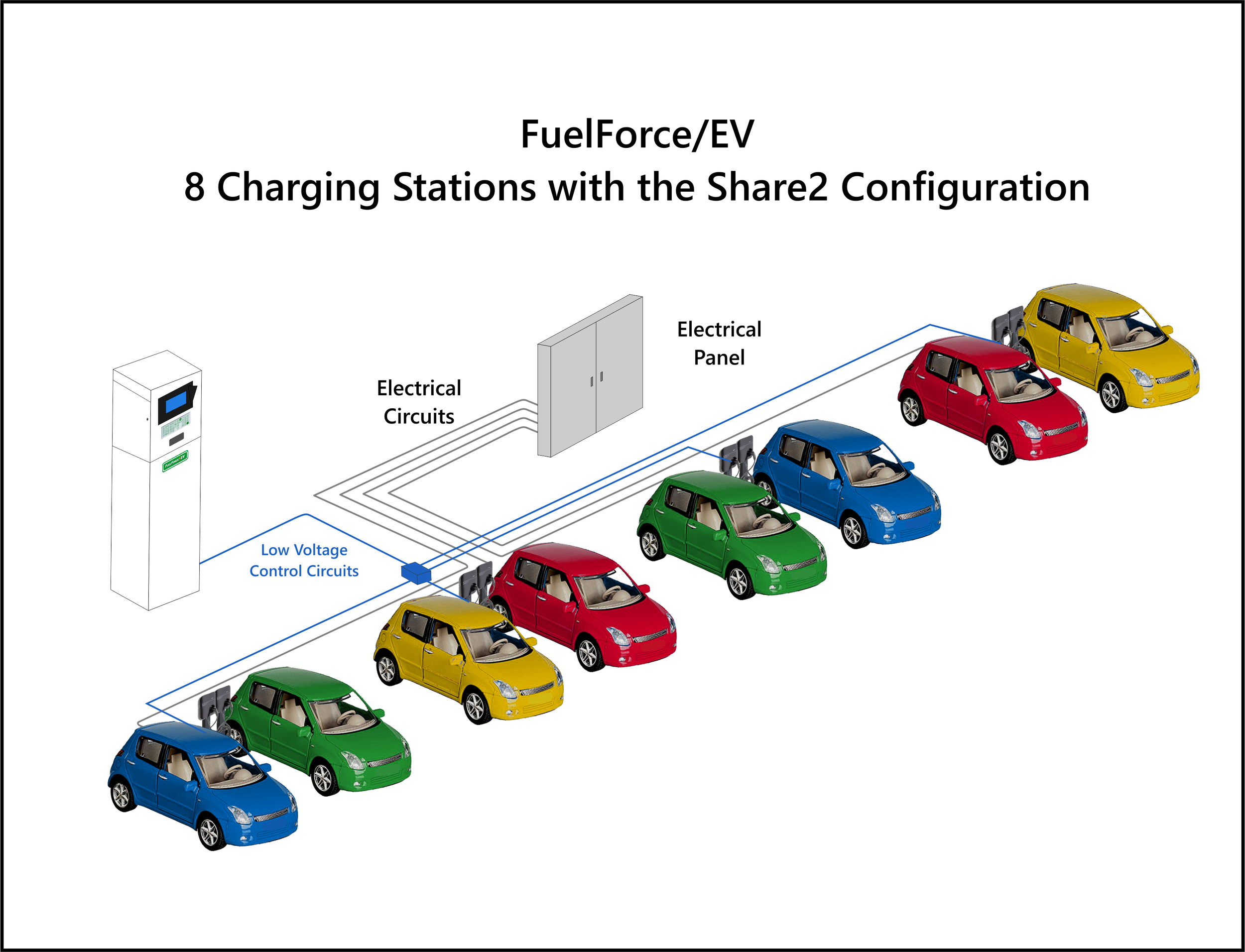Multiforce Brings Electric Vehicles into the Fuel Management Arena
FUELFORCE/EV
Multiforce Systems Corp. has announced the launch of FuelForce/EV, a new line in their suite of fuel controllers, designed to provide energy management and control for fleets or organization charging electric vehicles. In collaboration with Cyber Switching, a power management company based in Silicon Valley, Multiforce has developed the FuelForce 814-EV, the first in a suite of products that will authorize, monitor, control, and track EV charging and the power used to do so integrated with the management of fueling of all other standard fuel types.
“We are very excited about the launch of FuelForce EV,” said Tom Bates, President of Multiforce Systems Corp. “Multiforce has always been a pioneer in fuel management, and with the ever growing base of electric vehicles the time has come for a fuel management system to help fleet managers manage electric vehicle charging and control the costs of doing so, all from the same platform they manage their diesel and unleaded fueling as well as any other fuel. We’ve designed this patent pending approach so that it will work with standard Electric Vehicle chargers and all standard Fuel Management Systems, not just our own.”
Sitting between a basic electrical panel and the EV chargers, the 814EV provides a control point for fleets, eliminating unauthorized EV charging by validating each charging transaction and tying that data back to the driver, vehicle, department, etc. With FuelServe.net, Multiforce’s flagship cloud-based fuel management system, fleet managers can securely access power utilization reports anywhere, at any time, from basically any device with a web browser including desktops, laptops, tablets, and smartphones. These same reports can be combined with similar data for diesel, gasoline, bio-diesel, CNG, and hydrogen as well as any other standard or alternative fuel, providing a single platform for the management of all fleet fuels.
“Another key benefit we’re delighted to offer is the ability to reduce EV charging costs. Charging can be scheduled in a way to avoid Utility Demand Charges or Peak Rates,” explained Bates. “ Most fleet managers have never even needed to see an electricity bill. Now it’s part of their fueling costs and must be accurately managed. Utility billing for electricity is much different than the standard billing approach for other fuels and this creates a bit of a dilemma for fleet managers required to appropriately allocate costs to departments using EVs. Depending on the time of day and the overall electricity use of an organization, the costs for charging an electric vehicle can vary greatly. This is vastly different than monitoring and managing liquid fuels.”


